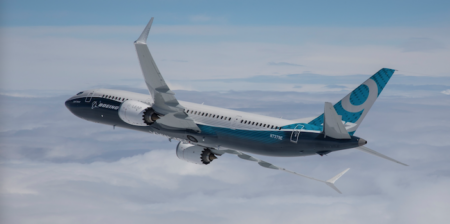As today’s airline passengers get more connected, they are having greater expectations about what airlines should do and it’s more than just fly them somewhere. More and more, passengers want control of their travel experience, especially their inflight entertainment (IFE). They want to watch their own shows and listen to their own tunes, and they want to bring their own devices (BYOD).
In making way for our own devices, airlines need to think about an entirely new strategy. One that could have been unworkable even a few years ago. It’s the power of plugin-less technology. Plugin-less technology can tap into the behavior and expectations of today’s travelers and increase airline margins too.
Whether an airline has a seatback-based IFE systems or next-gen IFE that delivers content to personal devices, both options are fraught with problems. Seatback IFE systems are too heavy and difficult to upgrade, and while next-gen IFE systems provide benefits over seatbacks, they require plugins.
To deliver high-quality, current IFE content, companies need to implement digital rights management (DRM). To do so, most IFE vendors use Flash-based browser plugins. But with browser vendors restricting Flash and other plugins, maintenance is becoming difficult.
Why plugin-less technology? Let me count the ways
Now there’s a way to get plugin-less DRM. The technology uses encrypted media extensions (EME), and provides a browser integrated content decryption module capable of DRM decryption without additional software. The system is implemented by Apple via FairPlay on Safari, by Microsoft via PlayReady on IE and Edge, and by Google via Widevine DRM on Chrome and Firefox. In Google Widevine, this plugin-less DRM is extended even further into Android OS.
Plugin-less DRM has two key advantages:
It delivers streaming content securely and directly to the browser of a customer’s device without a troublesome installation process. Consumers can view high-quality DRM content in browsers, just as they would any non-protected content they watch today. Airlines don’t need to install and update plugins.
It allows for content interoperability. The same DRM file can be played on all major browser platforms and all browser devices, ‘plugin-lessly’. With traditional DRM systems, content must be encrypted using the proprietary DRM encryption algorithm provided by each DRM vendor.
It’s simple to reap the benefits of plugin-less technology. In disconnected mode, airlines need only host DRM license servers for each vendor: Microsoft PlayReady, Google Widevine and Apple FairPlay. Those who allow Internet access for initial acquisition of the DRM license key, don’t have to do anything.
Plugin-less technology is available now. With Firefox 47+, all browsers are capable of plugins-less DRM delivery. The DRM files produced by this technology can also play back on Android and iOS devices. The time and effort to transition to a plugin-less IFE system is minimal when compared to the benefits.
The future is bright for plugin-less technology. Passengers get unobstructed access to DRM content on the devices they’re most familiar with their own. And with no installation required, they’ll have the same entertainment experience they’re used to at home. Airlines will benefit too. They’ll not only see reduced operational maintenance, but also and most importantly happier customers.




